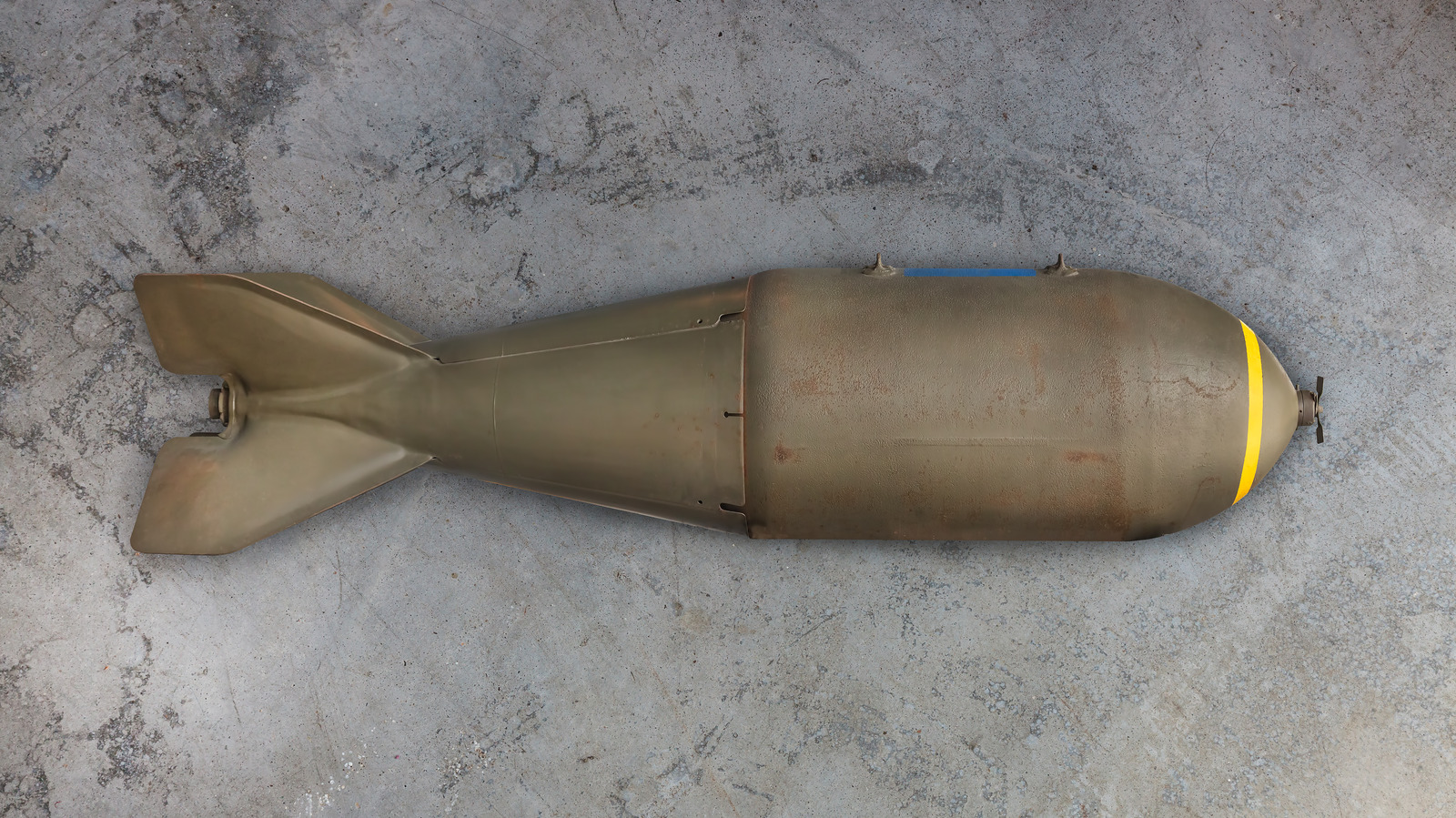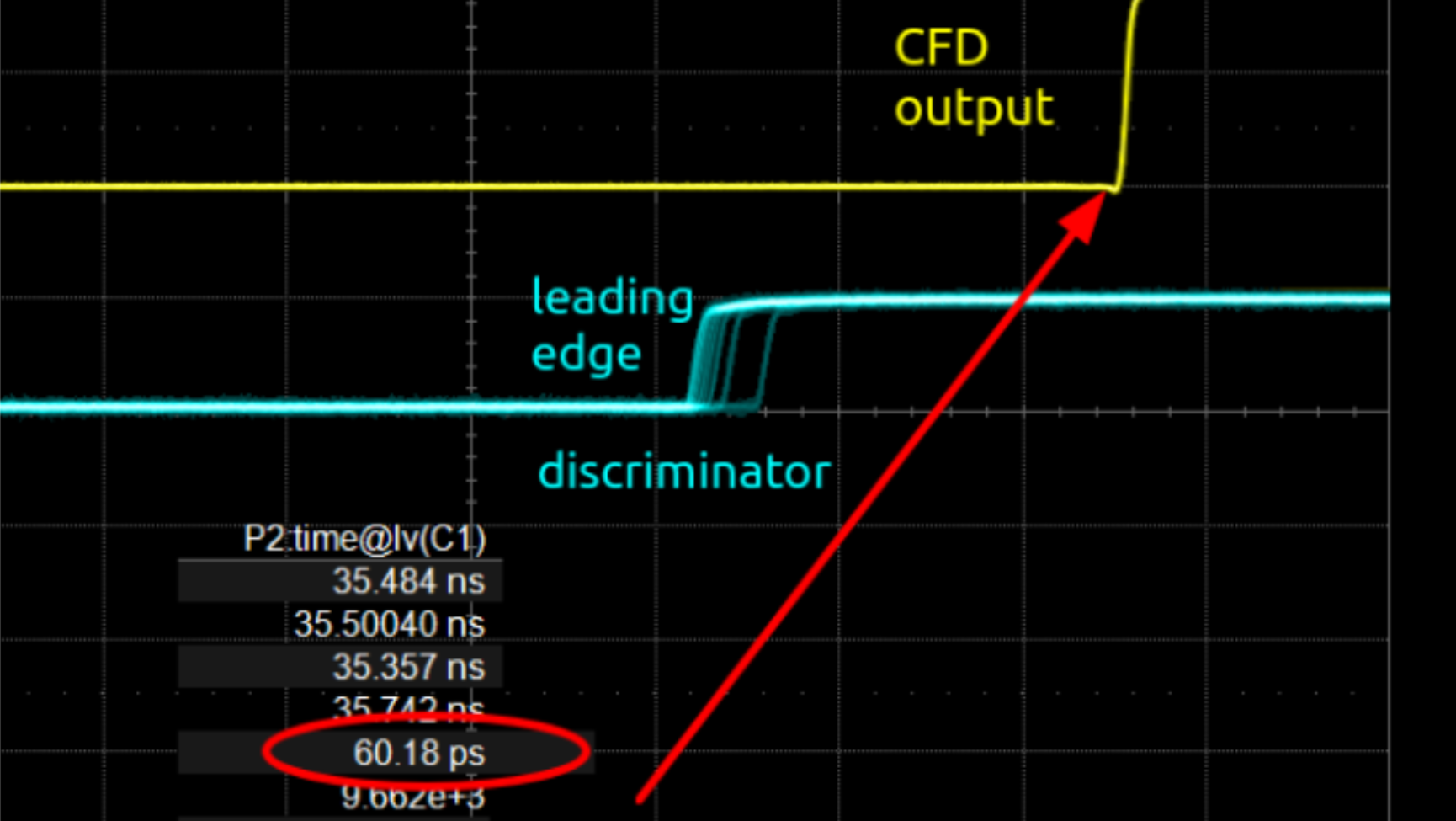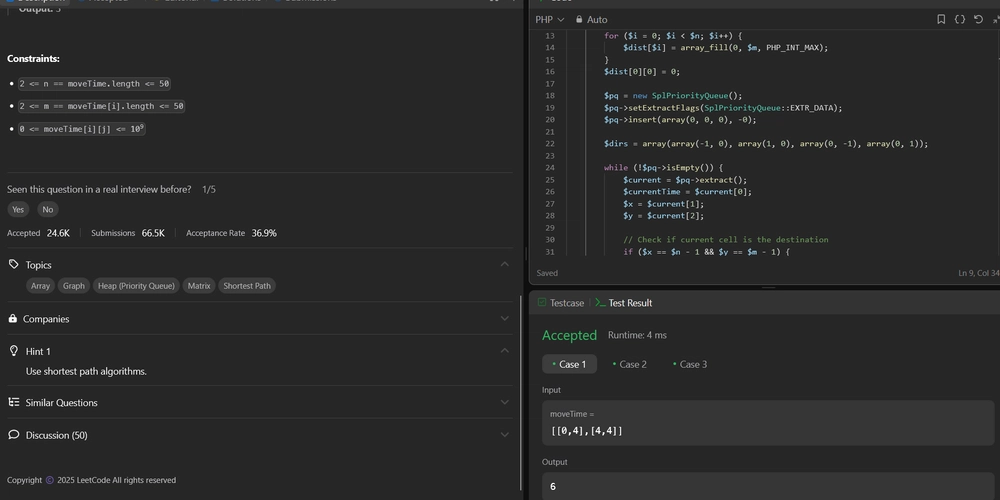How to Sort Filenames in Bash While Keeping Paths
When working with Bash scripts, managing file paths and filenames can sometimes lead to unexpected sorting behavior. If you're trying to sort an array of complete filenames and want them sorted by just the filename while retaining the full paths, you're not alone in this challenge. In this article, we'll explore a solution that allows you to achieve exactly that. Why the Issue Occurs The confusion often arises from how the sort command works in conjunction with the full paths of files. When you try to sort by default, it considers the whole string, which includes the path. This results in sorting that does not reflect the ordering of the filenames, as seen in your request where sort outputs filenames based on their directory path rather than the filename itself. Step-by-Step Solution To achieve the desired sorting, we can extract the filenames from the paths, sort them, and then reconstruct the original paths accordingly. Here’s how to do that: Step 1: Create the Array First, we’ll find the files and store their paths in an array. You can use the following script to initialize your filenames: files=($(find -type f -iname epo*lnx.zip)) Step 2: Extract and Sort Filenames Next, we'll extract the filenames from the paths using basename, sort them, and then map them back to their full paths. Here’s a function you can use: sort_files() { local sorted_files=() # Extract filenames and sort for file in "${files[@]}"; do sorted_files+=("$(basename "$file")") done IFS=$'\n' sorted_files=($(sort

When working with Bash scripts, managing file paths and filenames can sometimes lead to unexpected sorting behavior. If you're trying to sort an array of complete filenames and want them sorted by just the filename while retaining the full paths, you're not alone in this challenge. In this article, we'll explore a solution that allows you to achieve exactly that.
Why the Issue Occurs
The confusion often arises from how the sort command works in conjunction with the full paths of files. When you try to sort by default, it considers the whole string, which includes the path. This results in sorting that does not reflect the ordering of the filenames, as seen in your request where sort outputs filenames based on their directory path rather than the filename itself.
Step-by-Step Solution
To achieve the desired sorting, we can extract the filenames from the paths, sort them, and then reconstruct the original paths accordingly. Here’s how to do that:
Step 1: Create the Array
First, we’ll find the files and store their paths in an array. You can use the following script to initialize your filenames:
files=($(find -type f -iname epo*lnx.zip))
Step 2: Extract and Sort Filenames
Next, we'll extract the filenames from the paths using basename, sort them, and then map them back to their full paths. Here’s a function you can use:
sort_files() {
local sorted_files=()
# Extract filenames and sort
for file in "${files[@]}"; do
sorted_files+=("$(basename "$file")")
done
IFS=$'\n' sorted_files=($(sort <<<"${sorted_files[*]}"))
# Get full paths of sorted filenames
for sorted_file in "${sorted_files[@]}"; do
for file in "${files[@]}"; do
if [[ "$(basename "$file")" == "$sorted_file" ]]; then
echo "$file"
break
fi
done
done
}
Step 3: Store the Sorted Output
Now, you can call this function and store its output in the desired order:
sorted_files=($(sort_files))
Using the Sorted Array
With the sorted_files array created, you can now iterate over each sorted filename while retaining the complete path:
for file in "${sorted_files[@]}"; do
echo "Processing file: $file"
# Add your processing logic here
done
Conclusion
This solution effectively sorts your files based on filenames while preserving their paths, meeting your requirements perfectly. The combination of basename and sorting allows you to focus on the filenames for the sorting process.
Frequently Asked Questions
Q: Does this method preserve the original file order for matching?
A: Yes, when you find a matching sorted filename, it retrieves the original full path from the original array.
Q: Can this method be applied to other filename patterns?
A: Absolutely! Just modify the find command to suit your filename patterns.
This approach should streamline your file handling in Bash scripts effectively, providing you with the ordered filenames you wanted while ensuring you maintain the context of their locations.








































































































































































![[The AI Show Episode 146]: Rise of “AI-First” Companies, AI Job Disruption, GPT-4o Update Gets Rolled Back, How Big Consulting Firms Use AI, and Meta AI App](https://www.marketingaiinstitute.com/hubfs/ep%20146%20cover.png)


























































































































![[DEALS] The Premium Python Programming PCEP Certification Prep Bundle (67% off) & Other Deals Up To 98% Off – Offers End Soon!](https://www.javacodegeeks.com/wp-content/uploads/2012/12/jcg-logo.jpg)














































































































-Mafia-The-Old-Country---The-Initiation-Trailer-00-00-54.png?width=1920&height=1920&fit=bounds&quality=70&format=jpg&auto=webp#)
-Nintendo-Switch-2---Reveal-Trailer-00-01-52.png?width=1920&height=1920&fit=bounds&quality=70&format=jpg&auto=webp#)























_Sergey_Tarasov_Alamy.jpg?width=1280&auto=webp&quality=80&disable=upscale#)





























































































![Instacart’s new Fizz alcohol delivery app is aimed at Gen Z [U]](https://i0.wp.com/9to5mac.com/wp-content/uploads/sites/6/2025/05/Instacarts-new-Fizz-alcohol-delivery-app-is-aimed-at-Gen-Z.jpg?resize=1200%2C628&quality=82&strip=all&ssl=1)




















![Beats Studio Pro Wireless Headphones Now Just $169.95 - Save 51%! [Deal]](https://www.iclarified.com/images/news/97258/97258/97258-640.jpg)































































































